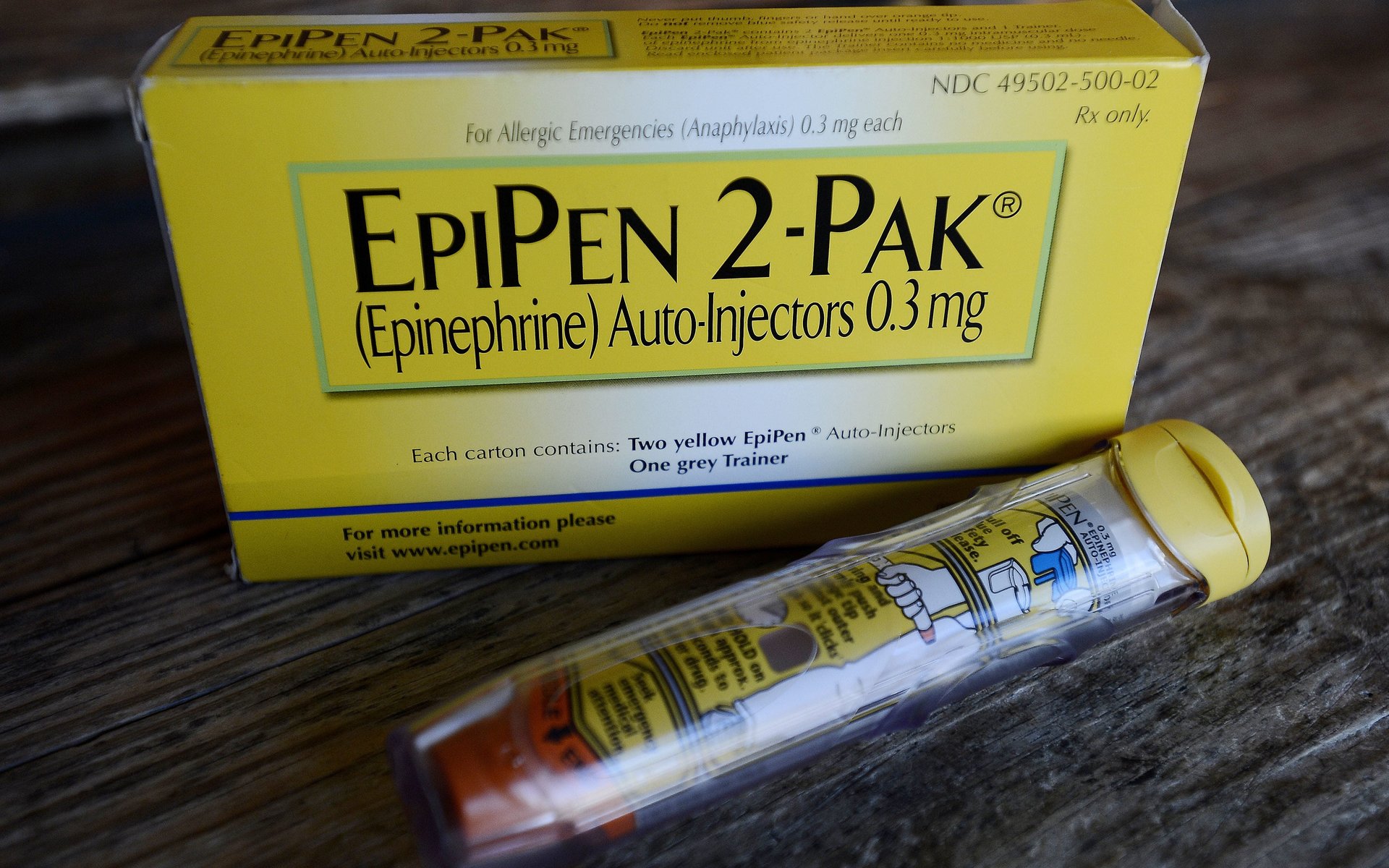Exorbitant prices are just one reason to loathe the company that makes the EpiPen
It’s not hard for pharma companies to appear villainous, but Mylan, the maker of the EpiPen, may be in a class by itself.


It’s not hard for pharma companies to appear villainous, but Mylan, the maker of the EpiPen, may be in a class by itself.
Mylan has drawn the ire of patients, consumer groups and now Congress for raising the price of the device 400% since it acquired EpiPen in 2007. The implement, which delivers life-saving medicine for severe allergy sufferers, can now cost more than $300 per pen. It’s only sold in pairs and must be purchased every year because the drug, epinephrine, loses potency over time. Sales of EpiPen are now in excess of $1 billion annually.
Asked for comment, Myan referred to a statement on its website explaining the problem with the EpiPen isn’t its cost, but the high deductible of many people’s health insurance plans. The company also provides coupons that reduce the cost by $100.
But repeatedly raising the price on the device reflects an aggressive corporate culture at a company that doesn’t mind making enemies.
In 2014, Mylan purchased the generics business of Abbott Laboratories, which allowed the Pennsylvania company to shift its corporate headquarters to the Netherlands, cutting its tax bill. That tax “inversion” drew the ire of President Obama, who criticized Mylan and other companies as unpatriotic. Mylan executive chairman Robert Coury, 55, fired back in an op-ed in USA Today, saying it was the equivalent of calling Americans who buy foreign products unpatriotic. With head-scratching logic, he pointed out that many antibiotics are no longer made in the US. “Should Americans stop taking these lifesaving medicines because they aren’t ‘Made in the USA?’ ” he wrote.
Last year, Israeli generic maker Teva offered to buy Mylan for $40.1 billion. Mylan didn’t just say “no,” but “hell no,” and Coury blasted Teva’s management and culture in a public letter to Teva’s chairman. “We do not wish to make Teva’s problems Mylan’s problems, or to inflict them on Mylan’s shareholders and other stakeholders,” he wrote.
Then, despite asking the US government to treat it as a Dutch company when collecting taxes, Mylan appealed to the Federal Trade Commission to help it fend off Teva. In an interview with Bloomberg, Mylan’s CEO, Heather Bresch, dismissed the inversion criticism as “emotional and political banter.”
Mylan’s tactics have been good for shareholders. Its shares have more than doubled over the last five years, and it forecasts a 16% increases in sales this year.
Its executives have also profited. Coury, formerly the CEO, received $104.9 million in total compensation from 2011 through 2015, according to research firm Morningstar. Bresch, the current CEO, may catch up: She was paid $44.7 million over the last two years.
Bresch, 47, has accomplished this without an MBA degree: Hers was revoked from West Virginia University after a newspaper investigation revealed she didn’t complete her classes.
Coury and Bresch’s contracts also allow them the personal use of the company’s private jets. Coury used them to attend the concerts of his son, Tino, an aspiring pop singer.
Now that the EpiPen price hikes have made national headlines, there are calls for a Congressional investigation. But if you’re expecting Mylan’s executives to be dragged in front of the Senate, don’t hold your breath. Bresch also happens to be the daughter of Joe Manchin, the Democratic senator from West Virginia.